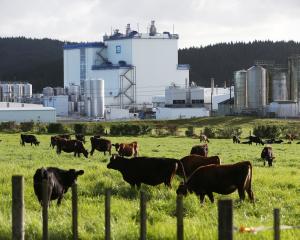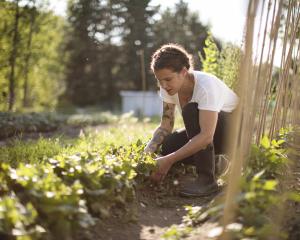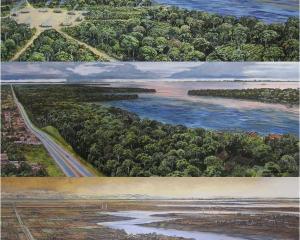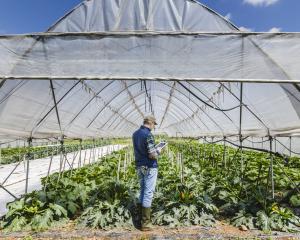

This column is supposed to be about local food and sustainability, which provides scope for discussing a range of food-related issues in the context of sustainability. But what do we actually mean by local food?
The local food movement was popularised by the 100-mile diet, which challenged people to attempt to eat food produced within a 100-mile radius of where they live. The primary argument was that by eating more locally, the environmental impact of transportation, refrigeration and processing could be decreased. While reducing the unnecessary distance food travels is important, local in the sense of distance does not provide the whole story.
While the 100-mile diet was effective at raising the profile of eating more locally, it was also criticised for failing to account for the impacts of production and waste.
The 100-mile diet had fallen into what Branden Born and Mark Purcell refer to as the "local trap" of automatically assuming that local is better. In other words, a local food system can be good or bad, sustainable or unstainable, just or unjust.
So where does that leave local food movements?
For most local food proponents, the "local" scale is simply a strategy for crafting an alternative and different kind of food system. Using local as a strategy means a local food system is not just about distance, but rather about re-socialising and re-spatialising food.

Re-spatialising food refers to instances where distances between people and the food that they eat are shortened in a geographic sense, but also about being conscious of food in our everyday lives — how it nourishes us and the environmental and social impacts associated with its production. Taken together, re-socialisation and re-spatialisation of food help to re-embed our food system to a given place. When food is tied to place, it creates more of a sense of collective ownership of the food system and also empowers us in contributing to changing it.
Sole Food Farms in Vancouver is one inspiring example that uses local food as a strategy for change and for advancing sustainability. It began in 2009 in an empty parking lot in the Downtown Eastside, Canada’s poorest neighbourhood, whose residents have a disproportionate incidence of unemployment, drug abuse and mental illness.
Since that time it has expanded to one of North America’s largest urban agriculture projects and provides meaningful training in organic farming techniques and employment for 25 neighbourhood residents, sells food at multiple farmers markets, runs a community supported agriculture outlet and sells directly to Vancouver’s top restaurants and retail outlets.
The recent book Street Farm: Growing food, jobs and hope on the urban frontier by co-founder of Sole Food Michael Ableman, documents their goal of using healthy food systems to foster healthy communities where food is accessible to all, sustainably grown and part of urban neighbourhoods and communities. It has transformed 1.6ha of vacant urban land on four sites into colourful and vibrant green-space where organic food is grown in mobile planters that can be shifted around to vacant lots when additional land becomes available.
All of the sites are leased at well-below market rates from private landholders or the City (private landholders receive City tax breaks as an incentive). Together the sites produce more than 22,000kg of food per year. In addition, one of the sites is an urban orchard with more than 500 fruit trees that are just coming into production.
By visibly re-integrating food production into the inner city, Sole Food Farms reconnects people with agriculture, strengthens relationships between people and the surrounding environment and strengthens personal and social relationships among urban neighbours in a particular place. In doing so, it provides one model of a local food strategy that helps us to imagine the possibilities of what an alternative sustainable local food system might look like.
- Sean Connelly is a lecturer in the University of Otago Department of Geography. Each week in this column, one of a panel of writers addresses issues of sustainability.












